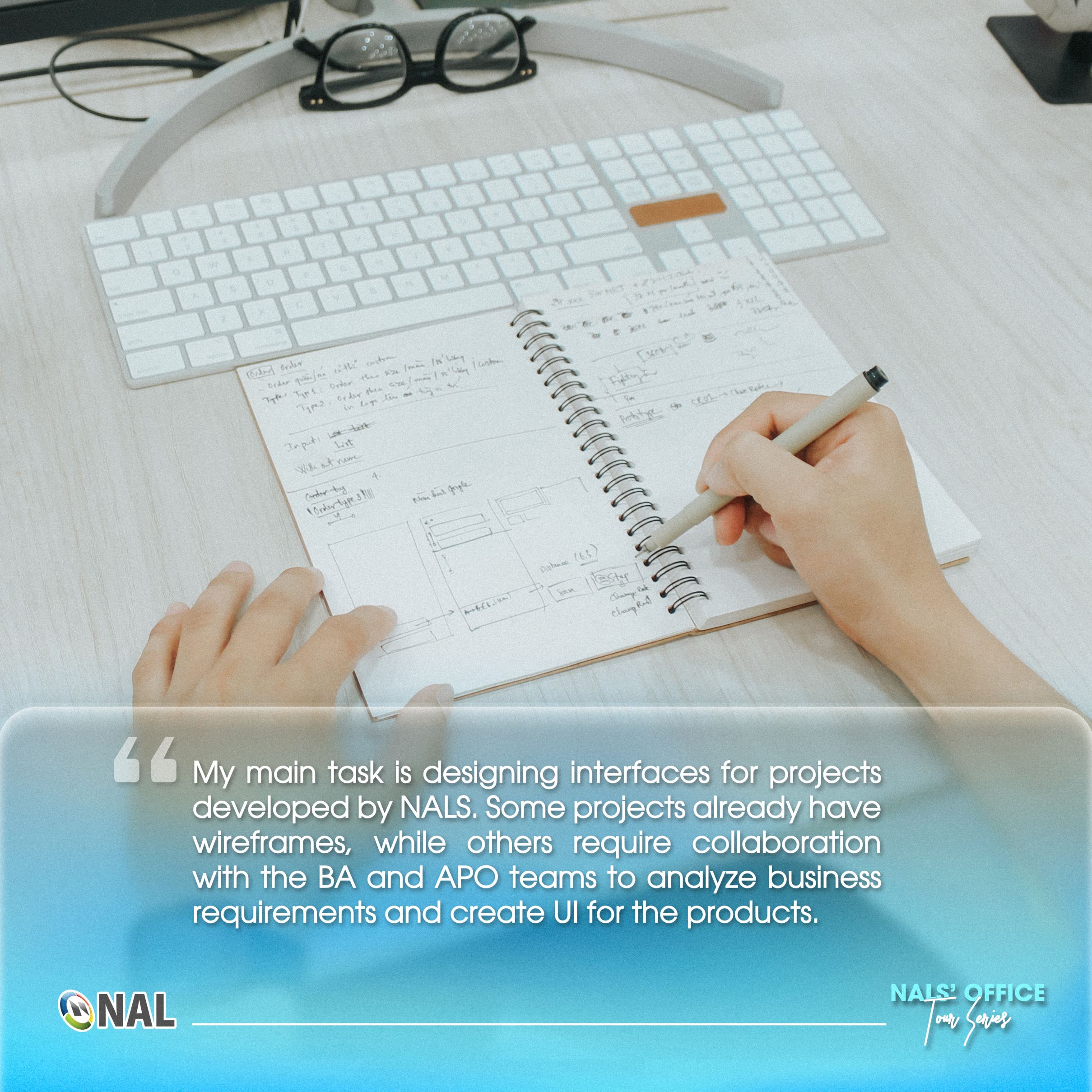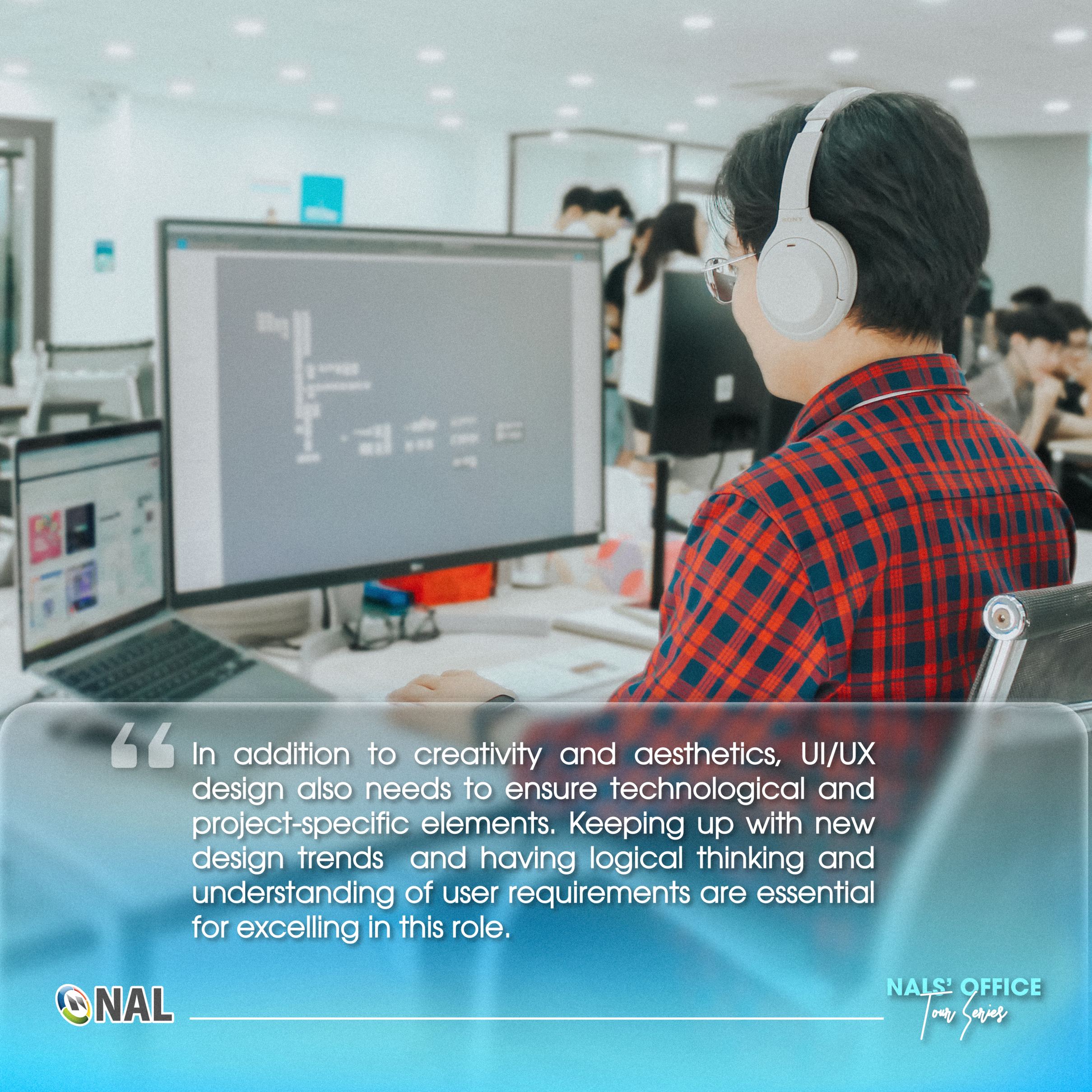Roles of a UI/UX Designer
A UI/UX (User Interface/User Experience) designer plays a critical role in creating intuitive and user-friendly digital experiences. Their primary focus is on enhancing the usability and overall satisfaction of users when interacting with a product, website, or application. They begin by conducting user research to understand the target audience, their needs, behaviors, and preferences. Based on this research, they create wireframes and prototypes to outline the layout and structure of the design, allowing for testing and validation of design concepts. UI/UX designers also work on the visual elements of the user interface, such as color schemes, typography, and icons, aiming to create an aesthetically pleasing and cohesive interface. They organize the content and navigation to ensure logical flow and easy access to information, and define the interactive elements and behaviors within the interface. Through usability testing, they gather feedback from users to refine the design and ensure a seamless user experience. Collaboration with cross-functional teams is crucial to effectively implement the design vision, and continuous learning and improvement are necessary to stay updated with design trends and technologies. In summary, the UI/UX designer’s role is to bridge the gap between user needs and digital product design, ultimately creating user-centered and engaging experiences.
To become a successful UI/UX Designer, you will need:
Design Skills: Develop a strong foundation in design principles, including layout, color theory, typography, and visual hierarchy. Proficiency in design tools such as Adobe XD, Sketch, or Figma is essential.
User-Centered Mindset: Put the user at the center of your design process. Understand their needs, behaviors, and goals through user research and apply that knowledge to create intuitive and delightful user experiences.
UX Research: Learn how to conduct user research techniques such as interviews, surveys, and usability testing. Analyze data and gather insights to inform your design decisions.
Information Architecture: Understand how to organize and structure information effectively, creating logical and intuitive navigation systems and content hierarchies.
Wireframing and Prototyping: Master the skill of creating wireframes and interactive prototypes to visualize and test design concepts, allowing for quick iterations and improvements.
Interaction Design: Focus on designing intuitive and engaging interactions, including microinteractions, animations, and transitions, to enhance the overall user experience.
Continuous Learning: Stay updated with the latest design trends, industry standards, and emerging technologies. Attend workshops, conferences, and online courses to enhance your skills and expand your knowledge.
Attention to Detail: Pay attention to the small details that can make a big difference in the user experience. Consistency, accessibility, and responsiveness are crucial aspects of a successful UI/UX design.
UI/UX Designer Career Path and Opportunities:
The career path of a UI/UX designer offers a range of opportunities for growth and specialization. Starting as a junior designer, you can gain experience and refine your skills in various aspects of UI/UX design.
UI Designer: As a UI designer, you will focus on the visual aspects of the user interface, such as layout, typography, color schemes, and iconography. You will work closely with UX designers and collaborate with developers to ensure the visual design aligns with user needs and project goals.
UX Designer: As a UX designer, your primary focus will be on the overall user experience. You will conduct user research, create wireframes and prototypes, and design intuitive interactions. You will work closely with stakeholders and developers to translate user insights into effective and engaging designs.
UX Researcher: If you have a strong interest in user research and understanding user behavior, specializing as a UX researcher can be a rewarding path. In this role, you will conduct user studies, analyze data, and generate insights to inform design decisions. You will work closely with designers and stakeholders to advocate for user needs and preferences.
UX/UI Manager or Director: With experience and leadership skills, you can progress into management roles, overseeing a team of UI/UX designers. As a manager or director, you will guide and mentor designers, lead design strategy, and ensure the successful execution of design projects.
Freelancing or Entrepreneurship: Many UI/UX designers choose to work as freelancers or start their own design studios. This path offers flexibility, the opportunity to work on diverse projects, and the ability to build your own brand and portfolio.
Success Story of UI/UX Designer at NAL Solutions:
Hai Thang, a UI/UX Designer at NAL Solutions, embodies the essence of this profession. With a background in Information Technology and experience as a Front-end Developer, Thang’s journey into UI/UX began when he decided to pursue online courses on platforms like Udemy. This decision marked a significant turning point in his career, as he transitioned into the role of a UI/UX Designer.
Having been with NAL Solutions for over 1.5 years, Thang has had the opportunity to work on various projects of different scales. As a UI/UX Designer, his main responsibility is to design interfaces for products. Some projects provide wireframes as a basis for his UI designs, while others require collaboration with Business Analysts and Product Owners to analyze business requirements and create tailored UI designs accordingly.
Adapting to the cultural and artistic preferences of Japanese clients, one of NAL Solutions’ primary markets, has posed challenges for Thang. However, he sees client feedback as valuable lessons that contribute to refining and enhancing his skills further.
Hai Thang’s journey as a UI/UX Designer displays the blend of artistic and technical expertise that defines the profession. With his dedication to continual learning and ability to adapt to different client requirements, he continues to thrive and make impactful contributions in the UI/UX design landscape.
Read related article: Get to know the Test Leader role at NAL Solutions



